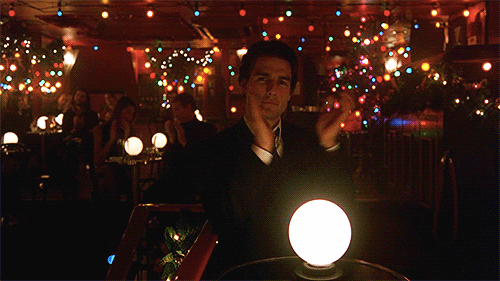Today would mark the day of Stanley Kubrick’s 89th birthday. In a post-Kubrick era, we show some love and celebrate the man who was a forerunner in revolutionising our perceptions through the art of cinema.
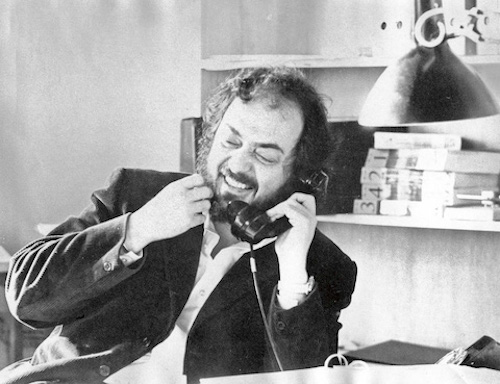
Someone mentions the name Stanley Kubrick and the first thing that most of us think of is a favourite film, scene, character, line of dialogue, or even a transition shot spanning the lifetime of a species and bewildering us mere mortal humans – yes, we’re looking at you ‘2001: A Space Odyssey’.
With an appeal that is felt by people across the world – namely film nerds, casual movie watchers, artists, musicians, designers and photographers – it’s no surprise that the Kubrick name is here to stay for a long time. Kubrick set the bar so high for modern filmmakers, leaving little to no room to re-innovate cinema today (unless you count CGI of course). However, his reach spans across a whole range of disciplines, social groups, cultures, subcultures and countercultures. His influence can be seen everywhere from films to games to music to architecture and interior design. But along with his quest for immortality, or better yet, his varying ‘Paths of Glory’, we take a look at five of our favourite films that we feel were some of his more influential works.
1. Full Metal Jacket (1987)
Based on Gustav Hasford’s novel ‘The Short Timers’, the film – co-written by Kubrick, Hasford, and Michael Herr – left a lasting impact in depicting what war was like, or at least what it was like through the lens of Stanley Kubrick.
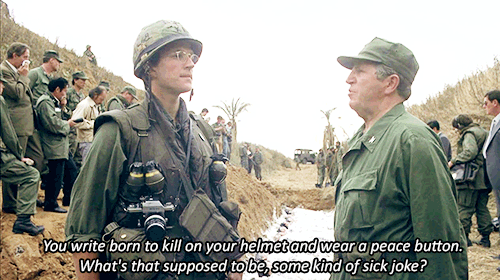
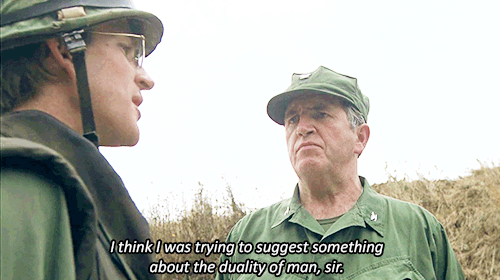
2. Barry Lyndon (1975)
Here is a film where we learn long before the end that the hero is doomed. However, this news doesn’t depress us much as it’s difficult to imagine such turbulent events surrounding such a singularly passive character. The protagonist (if you want to call him that) loses a fortune, a wife and a leg with as little emotion as losing a dog. It ends up being the loss/death of his son that finally breaks him, perhaps because he sees himself in the boy.

3. A Clockwork Orange (1971)
Ready for a bit of the ol’ ultraviolence? Originally banned in the United Kingdom amid claims of copycat violence for a good 20-something years, this ultra cult classic monstrously hurls itself at the status quo.
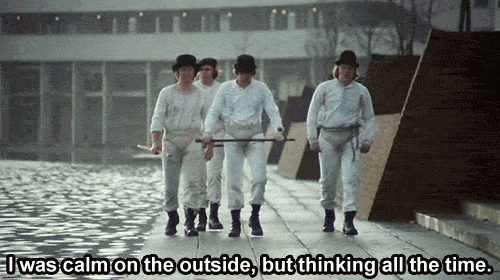
4. A.I. Artificial Intelligence (2001)
Kubrick often referred to this story as “Pinocchio”. After all, what is an android but a puppet with a computer program pulling at its cords – wanting to fit in with those around him by having dreams of becoming a real boy? The project, however, was abandoned by Kubrick because he wasn’t quite satisfied with the approaches he took to his central character, David, an android who looks just like a real boy. Believing that at the time special effects wouldn’t be sufficient enough and a human actor would seem too human-like, he eventually decided to turn the project over to his friend Steven Spielberg after being impressed by Spielberg’s use of special effect in ‘Jurassic Park’ (1993) and ‘E.T. the Extra-Terrestrial’ (1982).
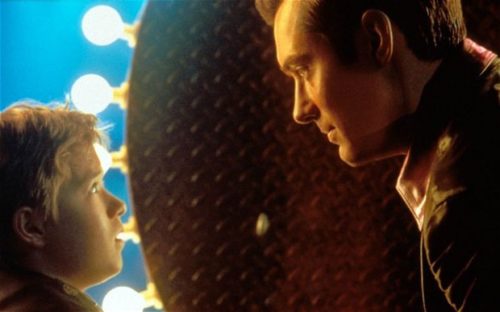
5. Eyes Wide Shut (1999)
Chances missed, and opportunities avoided is what this conspiracy thriller is all about. Released more than four months after Kubrick had passed away, this was his highest grossing film while also holding a place in the ‘Guinness Book of World Records’ for the longest constant movie shoot with a total of 400 days.
Catch one of these classic films, pour one out for this film visionary and let us know what you think Kubrick’s most influential films are!
